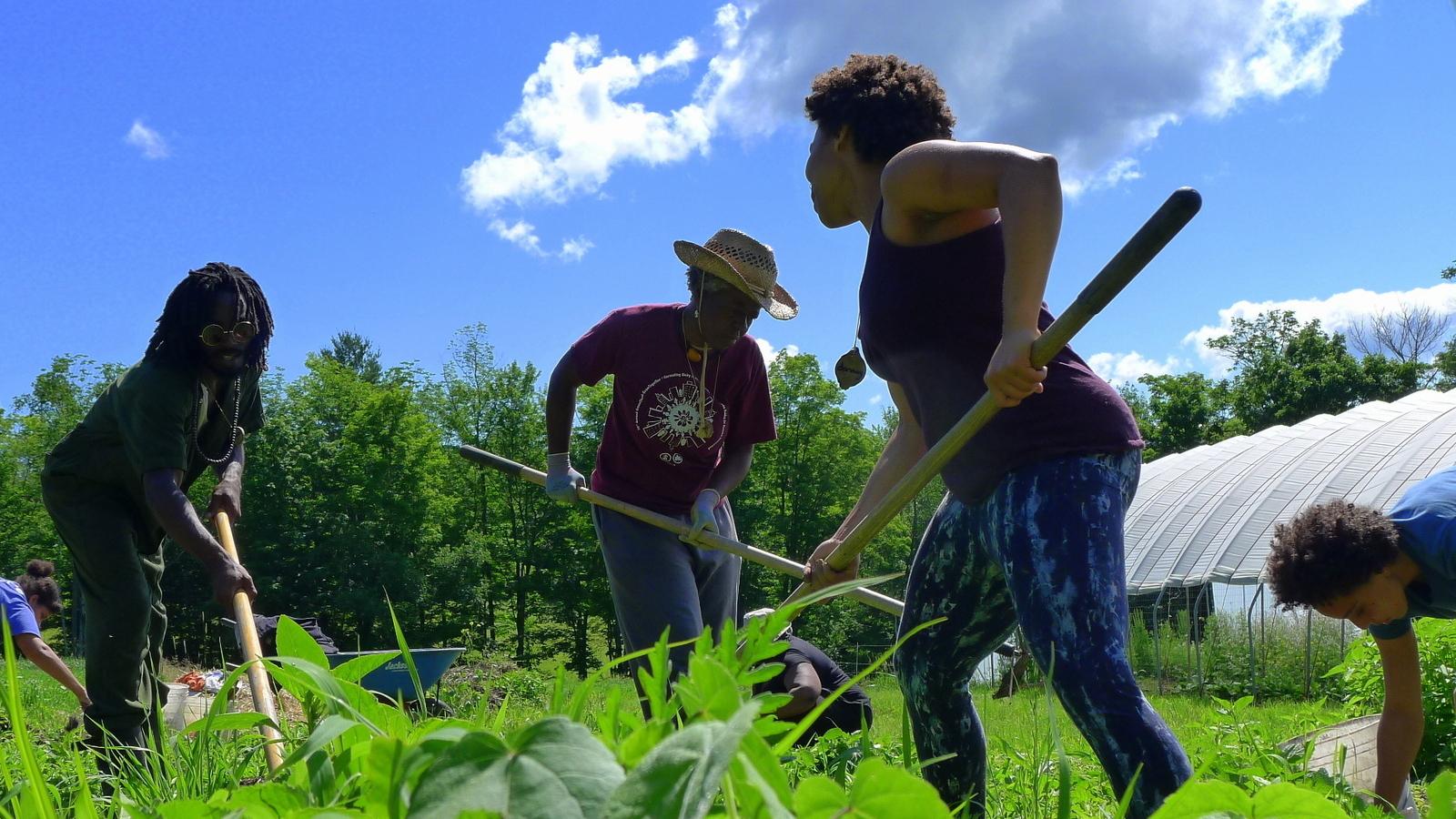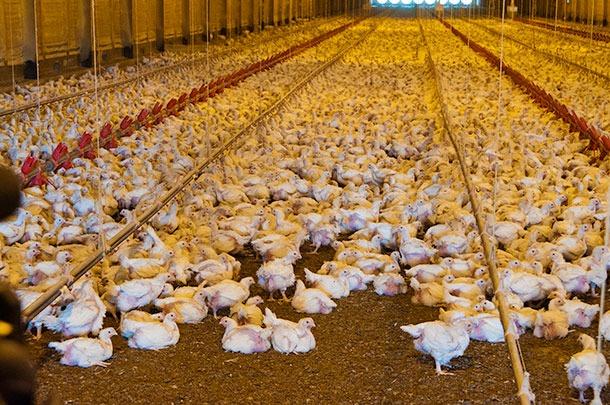Organic farming
‘Farming While Black’: Cultivating food- and racial-justice in upstate New York
In her new book, “Farming While Black: Soul Fire Farm’s Practical Guide to Liberation on the Land,” Leah Penniman describes her journey as a woman of color reclaiming space in the agricultural world while providing a comprehensive guide for others who want to follow her path.
We want to hear your feedback so we can keep improving our website, theworld.org. Please fill out this quick survey and let us know your thoughts (your answers will be anonymous). Thanks for your time!
Women farmers take center stage in US agriculture
While women are usually the farmers in traditional societies, it’s still a male-dominated business in the US. But women are slowly changing the face of farming in the US, especially by raising and selling home-grown vegetables, flowers, jellies and other farm products.
India brings back ancient wisdom to fight its modern environmental problems
The Green Revolution of the 1960s was deemed a huge success in India, increasing crop yields up to ten times. But fifty years on, it has left an environmental toll that is driving some Indian farmers to go back to ancient agricultural practices.
Why the term GMO is ‘scientifically meaningless’
Genetically modified crops are a big part of both our food supply and our debates about health and safety. But some scientists and observers argue those debates are getting the science of GMOs wrong, and grouping together crops that don’t belong in the same argument.
A new organic-approved weed control technique is poised for the big time
Eradicating weeds is one of the thorniest problems facing organic farmers. Weeding by hand is backbreaking work, but using herbicide means the farm is no longer organic. Enter agronomist Frank Forcella, who’s modifying an ordinary sandblaster kill weeds and fertilizes food crops, too.
Bullitt Foundation opens new building in Seattle that redefines environmentally-friendly
The Bullitt Foundation, a Seattle-based nonprofit focused on improving the environment in the Pacific Northwest, has taken on a new endeavor. It’s opened a building for its headquarters, and house other companies, that will be a demonstrator of sustainable technologies.
Subscribe to The World’s Latest Edition podcast for free using your favorite podcast player:


